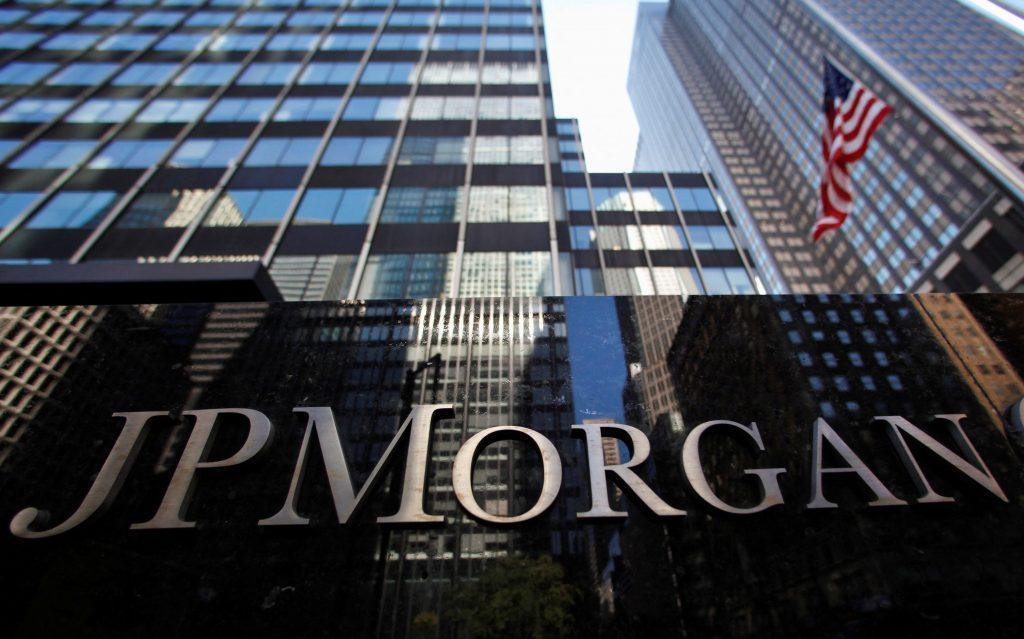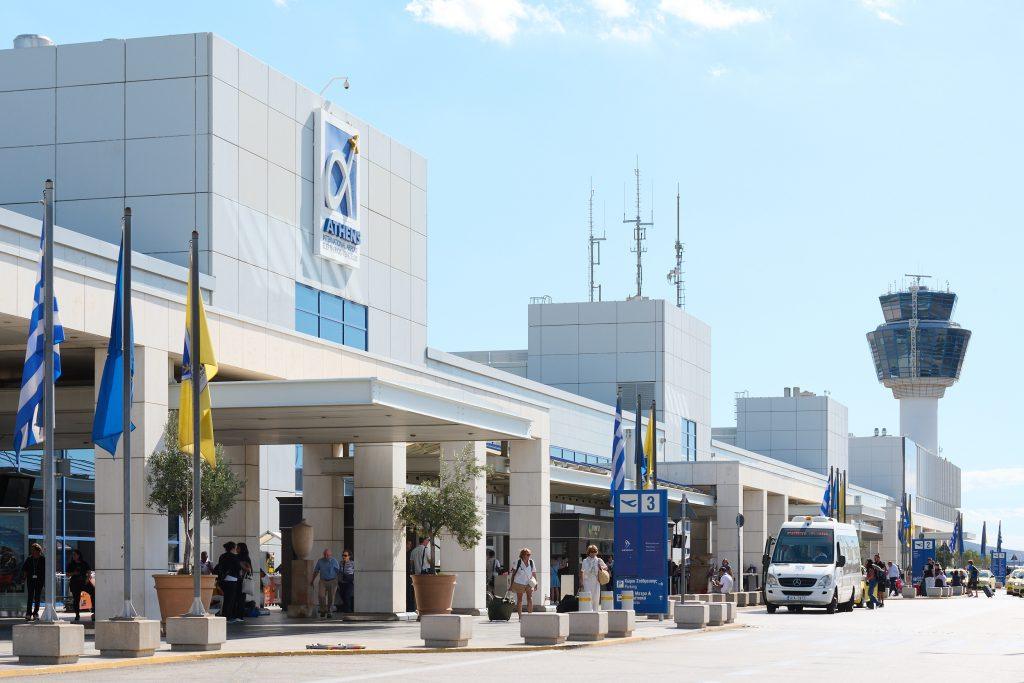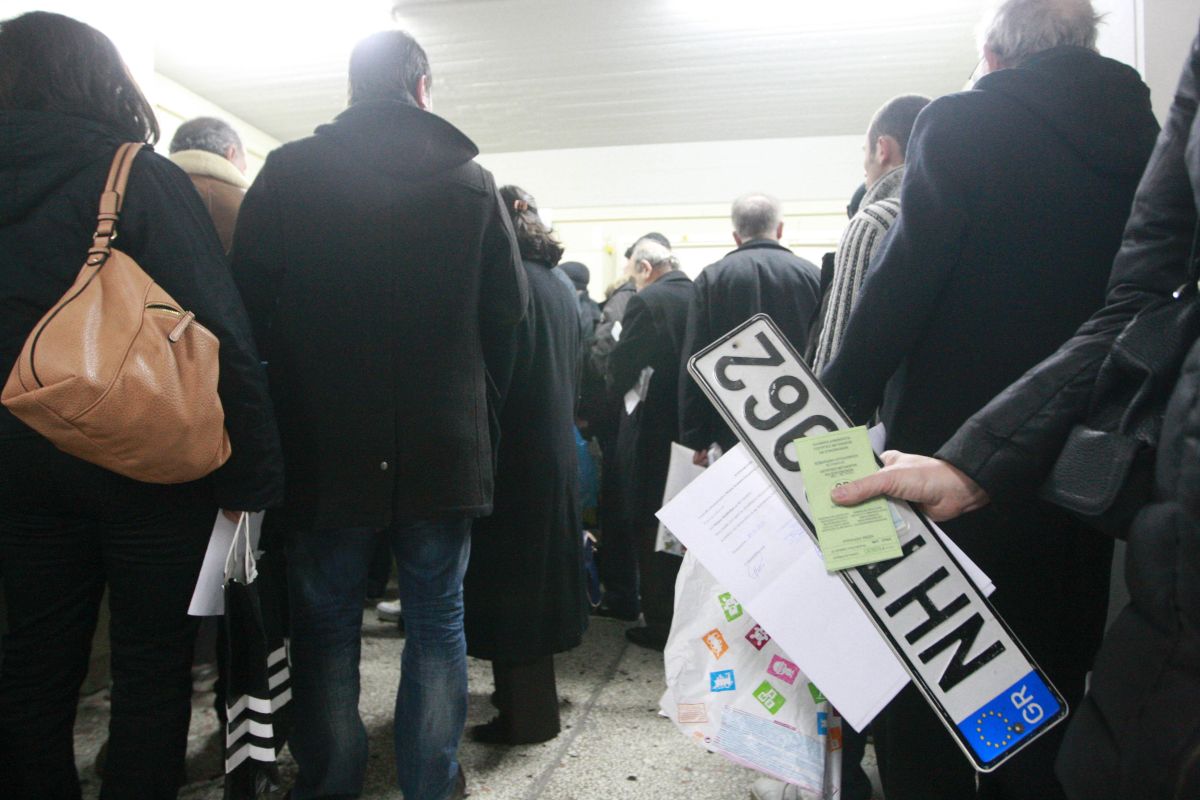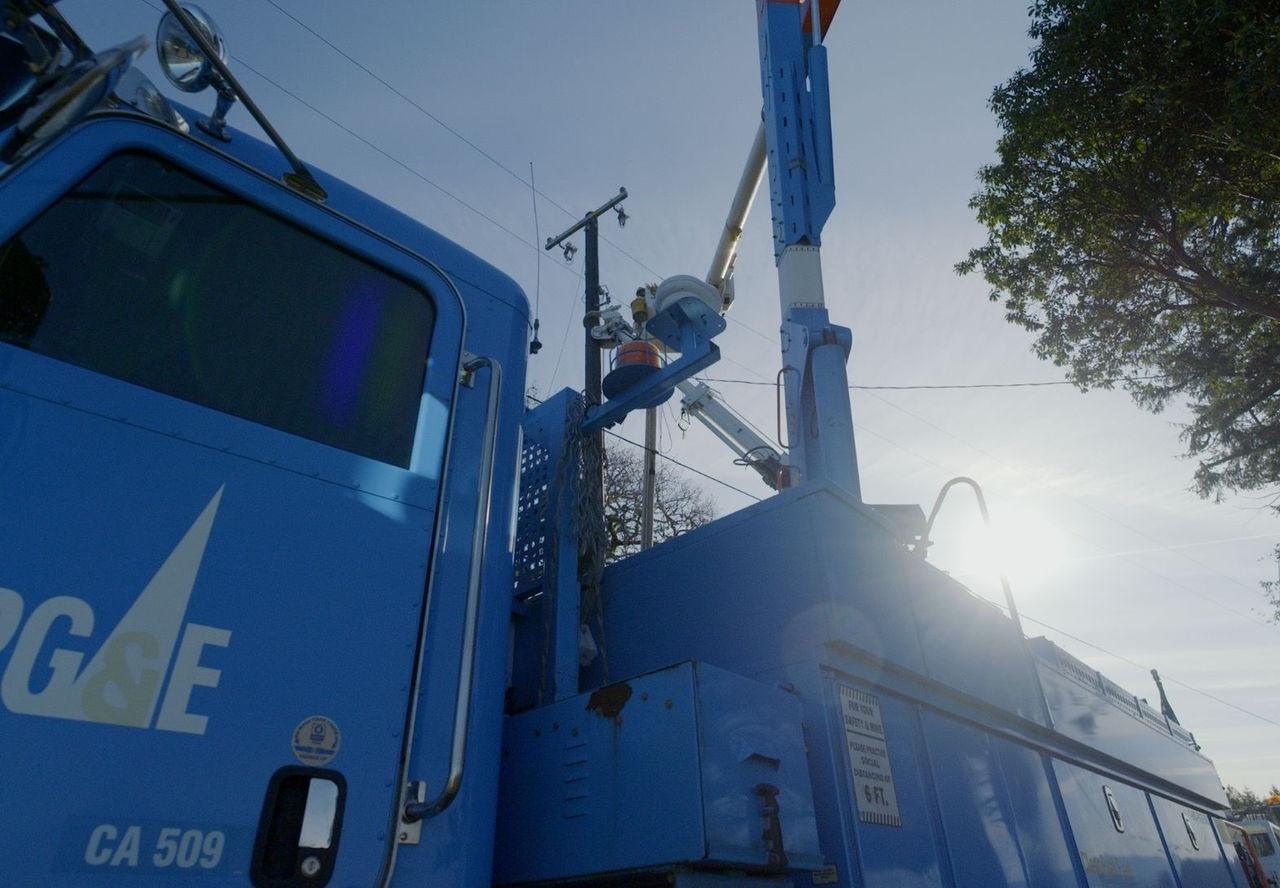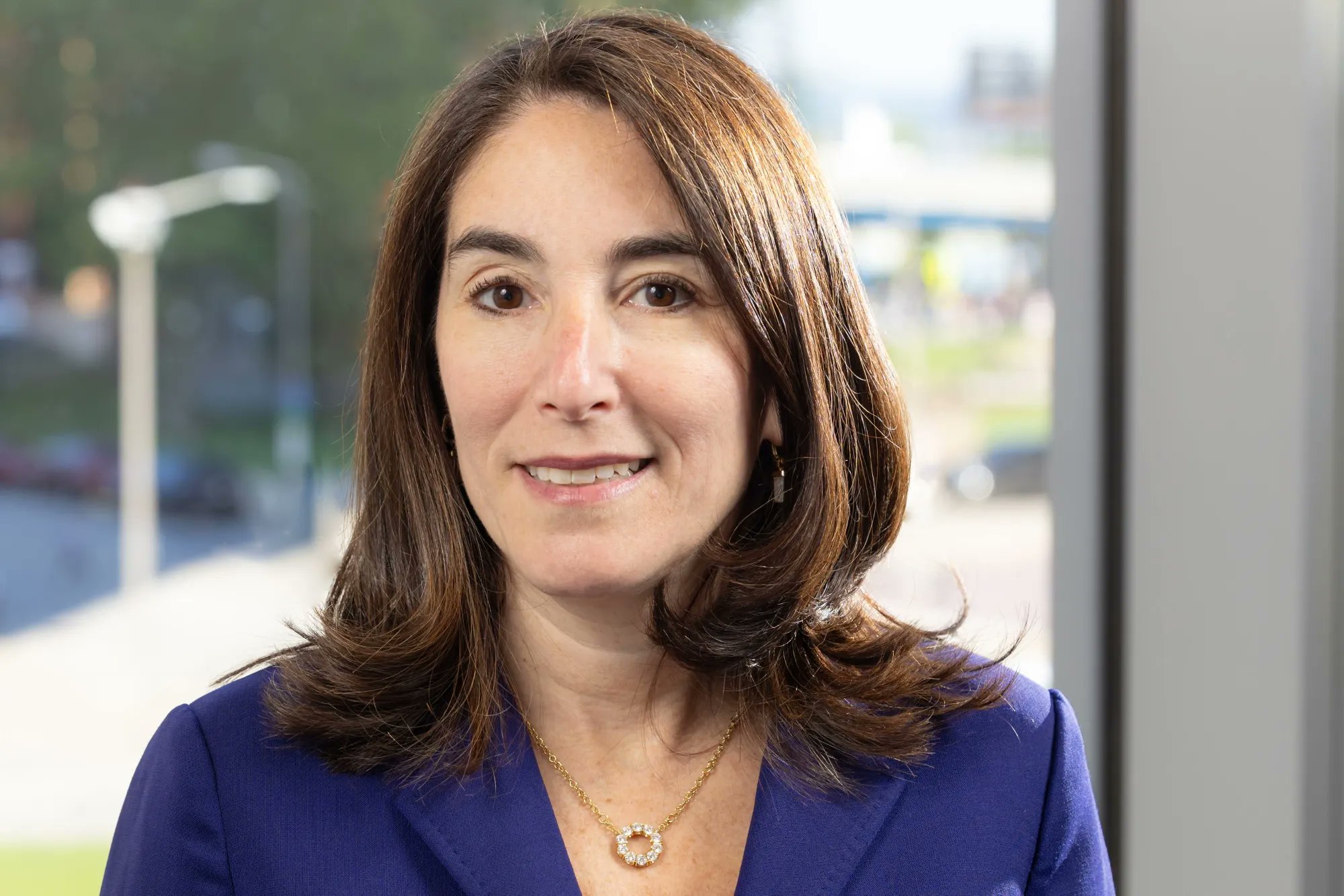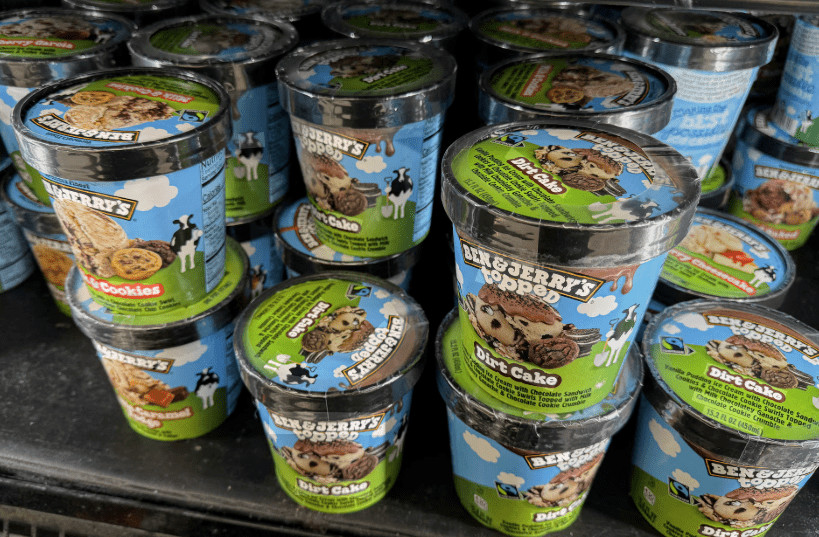Since the first COVID-19 cases in China to date, many changes have taken place in global maritime shipping and the logistics chain. Some unprecedented events have been recorded, such as the use of dry bulk carriers to transport containers, direct chartering by major US and European traders, and more. All because, for the first time in the last decades, there have been extremely long delays in ports and in loading and unloading of containers.
It is characteristic that the reliability of the transport schedule of container shipping companies fell to a low level in 2021, only at 35.8% – the lowest point of all time, down from 63.9% in 2020 and 78.0% in 2019. Additionally, the average delay for all vessel arrivals increased significantly in 2021 and exceeded the 4-day limit for the first time.
According to SeaIntelligence analysts, the disruption of the supply chain caused by the COVID-19 pandemic, as well as other events such as the temporary closure of the Suez Canal last March, led to historically low reliability levels of container transport. None of the top 14 largest container-liners recorded more than 50% schedule reliability in 2021.
Trading Groups are buying vessels
In order to overcome these problems, major importers and trading groups either set up a shipping company, bought ships or even chartered. The most emphatic example is the German retail giant Lidl that founded its own shipping company called Tailwind Shipping Lines. Also, a Chinese furniture manufacturer, Loctek, ordered for its own use a 1,800 teu container ship for $32.6 million from Huanghai Shipbuilding.
The biggest problems faced by trading and consumer companies were on the eve of Christmas 2021. At that time, in order to avoid empty shelves, large retail chains such as WallMart, Target, Home Depot, Dollar Tree etc. began to charter ships to serve their needs. They even went through the process of chartering ships that are not containerships but vessels that carry dry bulk, general or multi-purpose cargo, i.e. ships carrying iron ore, coal, grain or other cargoes, such as timber, pipes, etc., which can enter other ports that do not have such a serious congestion problem.
This trend began in early August 2021 and, as the malfunctions in the containership lines continued, the more businesses turned to bulkers to serve their loads.
Dry bulk carriers demonstrate the vital role they play at the heart of world trade, according to the Association of Independent Owners of Dry Bulk Carriers (Intercargo). A leading example was Amazon, which according to Alphaliner, loaded a series of 53-foot containers onto a bulk dry cargo ship that transported the cargo from Shenzhen, China to Houston, USA. Walmart also recently used three bulk carriers of the open hatch type that carry loads such as forestry products and steel pipes.
Earlier in October Coca Cola revealed that it had loaded 60,000 tonnes of material onto three dry bulk carriers in order to continue production. As a matter of fact, two of the three ships were of Greek interest.
Record charters and apical changes
Congestion in ports and the tendency towards longer term charters have reduced the availability of container ships, resulting in ship fares skyrocketing to record levels. The daily charter for chartering a ship for up to three months has, in some cases, exceeded $200,000 per day. In 2022 fares seem to remain at a very satisfactory level. Containership charter purchases by liner shipping companies are stabilising at high levels, with liners rushing to lock in long-term charter contracts.
The end of 2021 also marked a historic change in the ranking of the largest liner shipping companies. The Italian-Swiss MSC crossed over the Danish Maersk for a few thousand… boxes. Today, according to Alphaliner, it controls a fleet of 661 vessels with a capacity of 4,334,906 teu and Maersk follows with a fleet of 739 vessels with a capacity of 4,284,712 teu.
In first place was MSC, after buying Log-In-Logistica Intermodal Sa, a Brazilian company active in container transport on a regional basis.












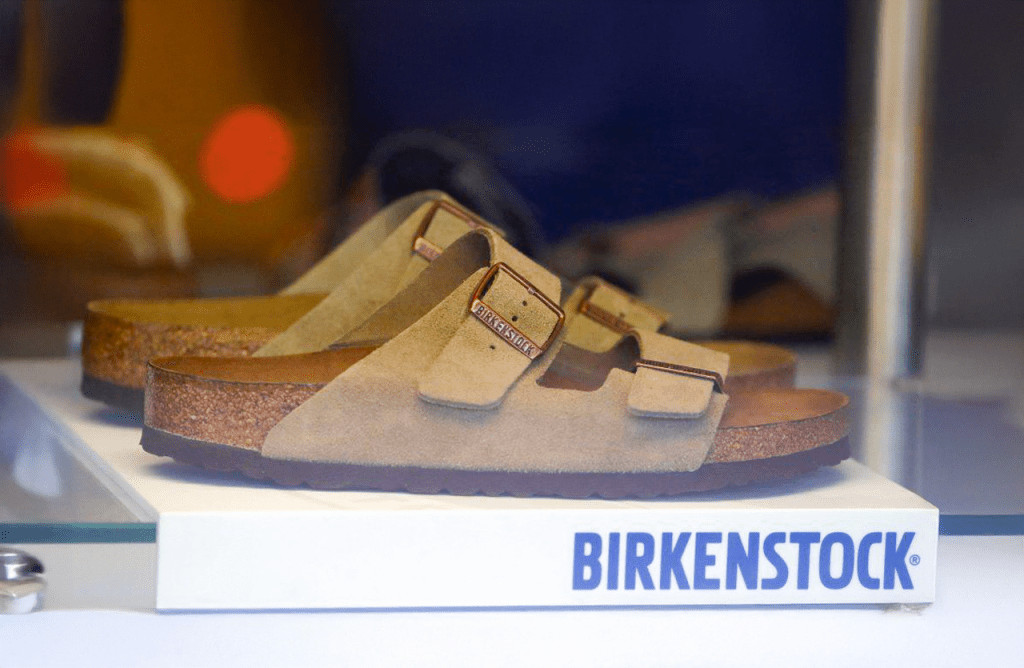
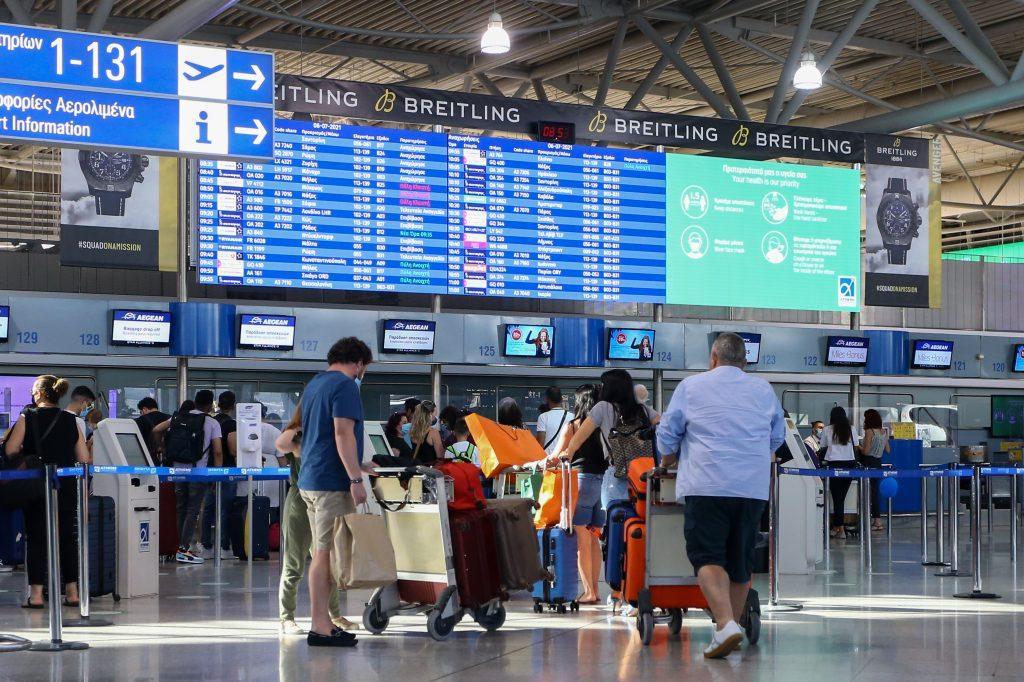
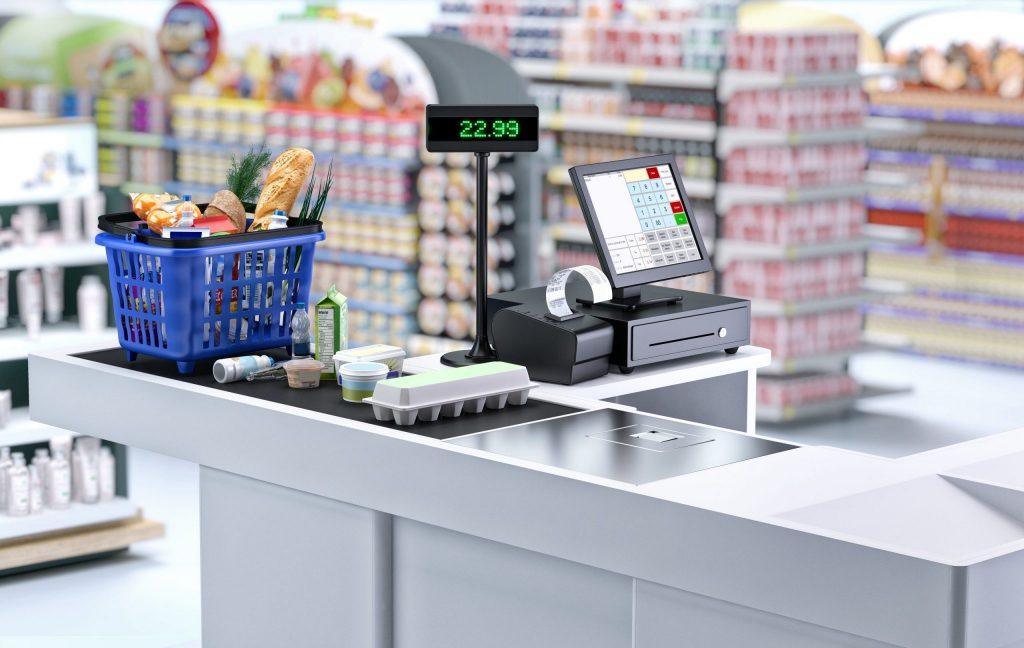
![Δημόσιο Χρέος: Γιατί «κατεβάζει» την παραγωγικότητα στην Ελλάδα [γραφήματα]](https://www.ot.gr/wp-content/uploads/2025/12/debt.jpg)
